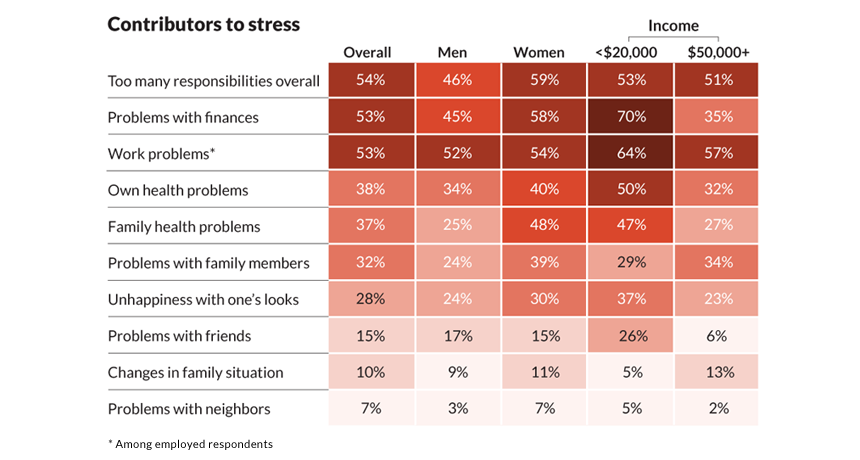I came across Arthur C. Brooks’ book : Gross National Happiness: Why Happiness Matters For America—And How We Can Get More Of It, published in 2008
From a research perspective, we have to first ask what is happiness, whether it can be measured and if so, how. “Happiness is measurable,” Brooks states. (p.9). Really? In my world, I operate with a general guiding principle that says concepts like happiness do not lend themselves to objective measurement. He uses surveys that have asked people to report their perceptions about their happiness. This is self-reported data and it is as good as it is going to get. Surveys are a valid methodology and we can track people’s self-reports over time. We tend to assume that any problems with the self-reported data will balance out over time.
One premise of his research is that is a connection between large governmental policies and people’s perceptions about their happiness. Do you think that is the case?
Looking at 30 years of data, the self-reported levels of happiness do not vary much over time. Analysis of the General Social Survey (a very large national survey) found that in 1972, 30% reported being “very happy” and 53% reported being “pretty happy.” In 2002, 30% reported being “very happy” and 57% reported being “pretty happy.” (See table 1, p. 213). It is worth noting that even a national tragedy like 9/11 did not appear to impact self-reported levels of happiness. Continue reading »
 The article described several studies. You can get a sense of the challenges by looking at the different measures and methodologies. For example, “One study analyzed the emotional content of more than 430 million words entered in the Congressional Record over 18 years. Liberal-leaning politicians, the researchers found, were more likely to use positive words and no more likely to use sad or negative words.” Continue reading
The article described several studies. You can get a sense of the challenges by looking at the different measures and methodologies. For example, “One study analyzed the emotional content of more than 430 million words entered in the Congressional Record over 18 years. Liberal-leaning politicians, the researchers found, were more likely to use positive words and no more likely to use sad or negative words.” Continue reading 